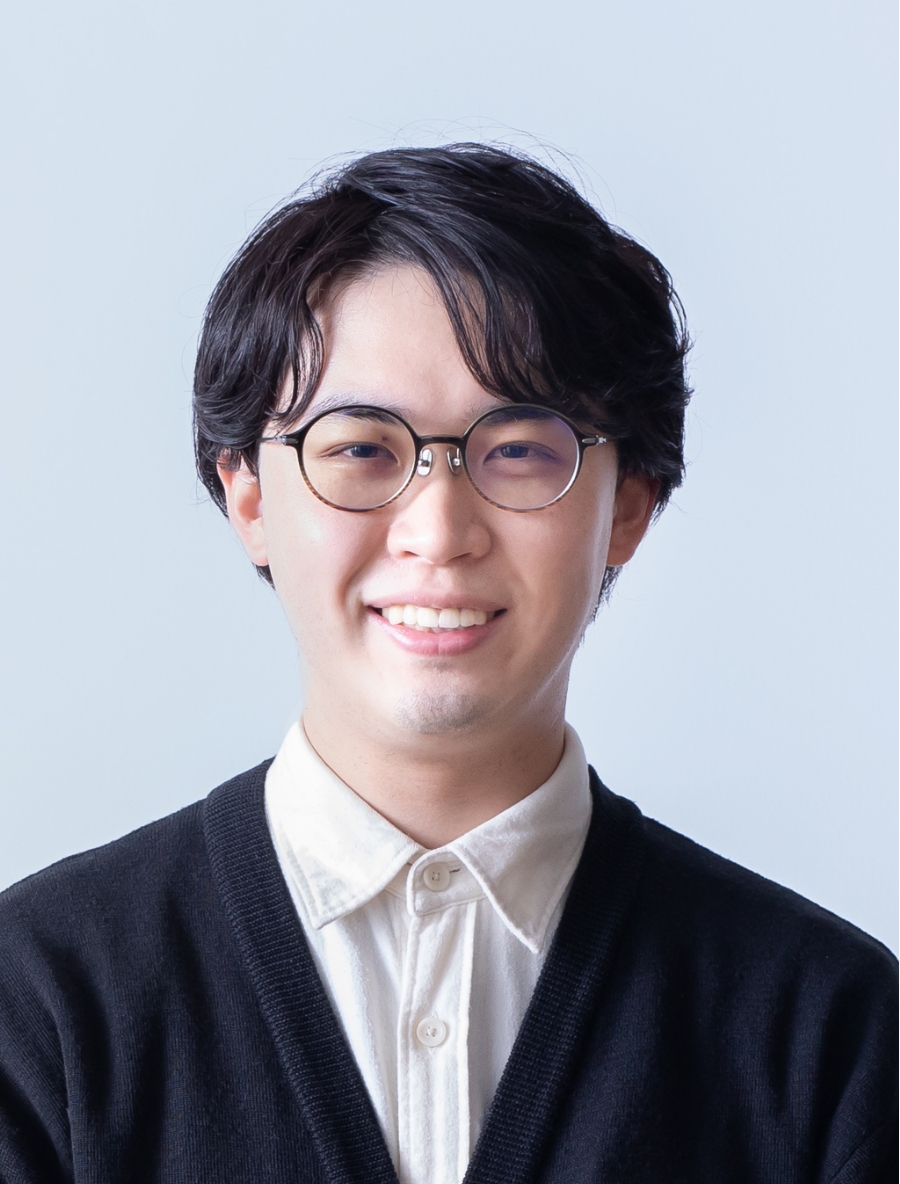
Meet Our Team
Meet Our Team
- #Next-Generation Batteries
Shuntaro Miyakawa
-
ProfileMarch 2017: Graduated from the Faculty of Engineering at Gifu University.
March 2019: Completed the Master's program in the Graduate School of Natural Science and Technology at Gifu University.
2019: Joined SoftBank Corp. -
Research areas
- I’m engaged in the procurement, research and development of next-generation battery materials such as:
- 1.Research and Development of Lithium Metal Anode
We deal with overall next-generation materials, however, our main research field is ”Improvement of Lifetime of Li-Metal Anode”. By forming a surface coating layer onto Li-metal we conduct the verification of the lifetime improvement effect at macro- and micro-scales in relation with the material type, layer thickness, crystallinity, density etc. - 2.Research and Developmentt of Organic Cathode Active Material
Our research has been selected as a national project by the Acquisition, Technology & Logistics Agency and started in February 2022. - 3.Development of lightweight resin current collector
- 4.Research and development of positive electrode materials for all-solid-state batteries.
-
Major publications / papers
■ Article
- "Material Stage" issued in July 2022
Title: "SoftBank Corp.'s Advancements in Next-Generation Battery Development and Expectations for the Chemical Industry"
Authors: Takaya Saito, Shuntaro Miyakawa
■ First-author published works:
- "Computational studies on defect chemistry and Li-ion conductivity of spinel-type LiAl5O8 as coating material for Li-metal electrode"
- "Metal-coated Polymer-fiber Mesh as Ultra-light Weight Gas-diffusible Current Collector for High Energy Density Rechargeable Lithium-Oxygen Batteries"
■ Second-author published work:
- "Performance Predictors for Organic Cathodes of Lithium-Ion Battery"
- "Material Stage" issued in July 2022
-
Major achievements
- Planning and overall management of the Battery Edition for the"ADVANCED TECH SHOW 2021"
- Inside Look: SoftBank Corp.’s Next-generation Battery Lab is Helping to Usher in a New Generation of Drones and More
- Achievement of 520 Wh/kg with Li-metal batterie
- Selected for the new research project of the FY2022 "Promotion System for Security Technology Research" by Acquisition, Technology & Logistics Agency
- Numerous academic presentations and patent applications, among others
-
Research areas and achievements as a student
- Research and development of gas separation membranes using Metal Organic Frameworks (MOFs). Studied separation membranes with carbon selectivity to remove carbon dioxide during natural gas extraction. Presented at the Society of Chemical Engineers, Japan in 2018.
-
Opinions regarding my work/research and SoftBank Corp.'s development of next-generation batteries
Even if a method is found to solve the issues of the positive electrode and work is done on the battery, it may then cause problems with the negative electrode, making it difficult to work well as a whole. Developing materials like batteries requires a broad perspective in research and development, and I feel both the difficulty and the fun in it.
Also, while the progress of software is often the focus when it comes to the functions of smartphones, when you think about it, with the batteries of the past, a smartphone's battery would run out in just an hour with only the smartphone functions. With the advent of drones and electric cars, it becomes clear that batteries are driving the evolution of the times. It seems that batteries are leading the progress, and although SoftBank Corp.'s battery development may seem like a different purpose at first glance, I feel that it is actually running on the same track.
-
What I value in research
I believe that research and development have a 90% failure rate. In addition, the timing of the results can vary depending on the theme. For example, it is said that for AI development, it takes only two months to reach the point of verifying the operation of a new program, but for batteries, it takes about two weeks to create a prototype and about three months for evaluation. Therefore, I feel that battery research has a "hard-to-produce-results" nature, even though it is called research.
That is why I conduct research and development while consciously thinking about what to learn from one experiment, how to improve it, how to proceed to the next step from here, why it failed, and what to cut to produce results.
When conducting experiments, I'm considering what kind of experiments should be conducted, what kind of results will be obtained, what kind of impact it will have on the company, and what actions should be taken in case of failure. Participating in battery research is not only an opportunity to produce results as a team but also to develop a perspective on the development side, as well as a chance to improve oneself as a researcher.
-
About myselfI got married in October, 2022!